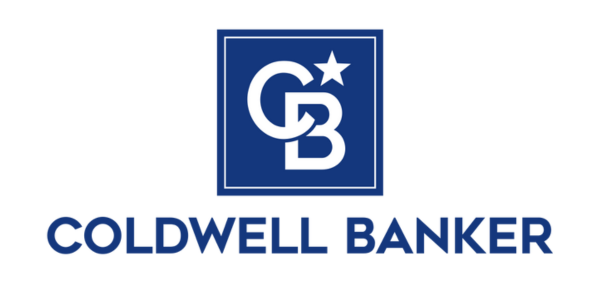Are Closing Costs Tax Deductible?
When it comes to understanding the tax implications of homeownership, the phrase "it depends" is all too familiar. The decision to itemize deductions on your tax return or to take the standard deduction is a pivotal one for many taxpayers, especially homeowners. For the tax year 2022, the standard deduction is $12,950 for single filers and $25,900 for married couples filing jointly. This amount is available to all taxpayers, whether they own a home or not, and is often more beneficial than itemizing because many people find their actual deductions fall below these thresholds.
However, if you're a homeowner, you might be wondering if you have enough deductions to make itemizing worthwhile. Let's delve into the tax-deductible expenses associated with buying and owning a home to help you make an informed decision.
#### Closing Costs: What Can You Deduct?
Certain one-time home purchase costs are tax-deductible as closing costs, including:
- Real estate taxes charged at closing
- Prepaid mortgage interest
- Loan origination fees (points) for a mortgage of $750,000 or less
Remember, these deductions only make sense if your total deductions exceed the standard deduction. Non-deductible closing costs include real estate commissions, appraisal fees, home inspections, attorney fees, title fees, transfer taxes, and mortgage refinance fees.
#### Mortgage Interest Deduction
Each year, homeowners can deduct the interest paid on up to $750,000 of mortgage debt. Evan Liddiard, CPA and director of federal tax policy for the NATIONAL ASSOCIATION OF REALTORS®, notes that while most homeowners won't hit this cap, those in high-cost areas or with large mortgages might. For loans taken out before December 15, 2017, the cap is $1 million. However, refinancing changes the game: you can only deduct interest up to the balance of the original loan, not on any additional cash out.
#### Home Equity Loan Interest
Interest on home equity loans or second mortgages is deductible if the funds are used for substantial home improvements and the total of the loans doesn't exceed the $750,000 cap ($1 million for pre-Dec. 15, 2017 loans). Using a home equity loan for other expenses, like medical bills or vacations, means you can't deduct the interest.
#### State and Local Taxes (SALT)
You can deduct state and local taxes, including property and income taxes, up to $10,000. This cap can be restrictive for residents in high-tax states, where average deductions have historically been much higher.
#### Disaster Loss Deductions
If your home is damaged due to a federally declared disaster, you can deduct the loss. However, everyday mishaps like water damage from a burst pipe or accidental fires are not deductible.
#### Moving Expenses
Only active members of the armed forces can deduct moving expenses related to a new station. Civilian employer-paid moving expenses are taxable, and some employers may provide additional funds to cover the tax liability.
#### Home Office Deduction
Self-employed individuals can deduct home office expenses without itemizing, but employees cannot claim this deduction, even if they work from home during the pandemic.
#### Student Loan Interest Deduction
You can deduct up to $2,500 of student loan interest annually, which is in addition to the standard deduction and doesn't require itemizing.
#### Increasing Your Eligible Deductions
To surpass the standard deduction threshold, consider other itemizable costs like charitable contributions and certain medical expenses (exceeding 7.5% of your adjusted gross income). Single homeowners may find it easier to exceed the standard deduction compared to married couples.
#### Tax-Savvy Home-Buying Tips
Prospective homeowners looking to maximize tax benefits should consider:
- Buying a less expensive home to avoid hitting the mortgage debt and tax caps
- Making a larger down payment to keep the mortgage below the $750,000 limit
#### Deciding Whether to Itemize
To determine if itemizing is the right choice for you, consider using tools like TurboTax for guidance. While each homeowner's situation is unique, remember that homeownership also brings non-tax benefits like building equity, potential profit on sale, and the freedom to personalize your living space.
In conclusion, navigating the tax benefits of homeownership can be complex, but with careful planning and understanding of the deductions available, you can make the most of your investment. Always consult with a tax professional to ensure you're making the best decisions for your individual circumstances.
